Veronika Voss (1982)
“Everything I have belongs to you — all I have left to give you is my death.”
|
Synopsis: |
|
Genres, Themes, Actors, and Directors:
Response to Peary’s Review: I find the film much more enjoyable than the above analysis would indicate. While it’s certainly of interest on a number of historical and thematic levels, it also simply “works” as a compelling, finely acted character drama. Xaver Schwarzenberger’s rich black-and-white cinematography and Rolf Zehetbauer’s stark set designs (note the blindingly white quarters of Dr. Katz’s “office”) help to create an “other-worldly” post-WWII landscape, one which resonates effectively with Voss’s warped existence. Indeed, the film is a fascinating combination of standard melodrama (Fassbinder was heavily influenced by Douglas Sirk) and post-modern surrealism: in one of the movie’s strangest scenes, for instance, Zech openly propositions Thate in front of his girlfriend (Cornelia Froboess), who thus knows about his betrayal yet ends up assisting Thate in his attempt to uncover the truth behind Zech’s mysterious relationship with her doctor (Duringer). Film fanatics — whether fans of Fassbinder’s oeuvre or not — are sure to find this one worth a look. Note: Parallels are often made between this and Billy Wilder’s masterful Sunset Boulevard, given that both Zech’s Veronika Voss and Gloria Swanson’s Norma Desmond are aging “has beens”, desperate for a resurgence of their failing careers, who lure an impressionable young man into their troubled lives. This is definitely the darker of the two. Redeeming Qualities and Moments:
Must See? Categories
Links: |
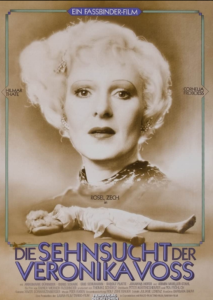
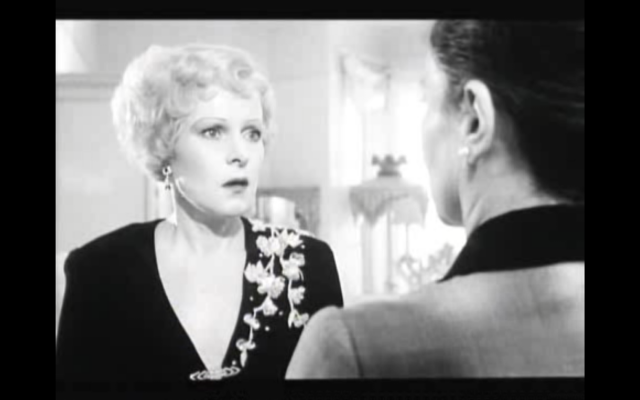
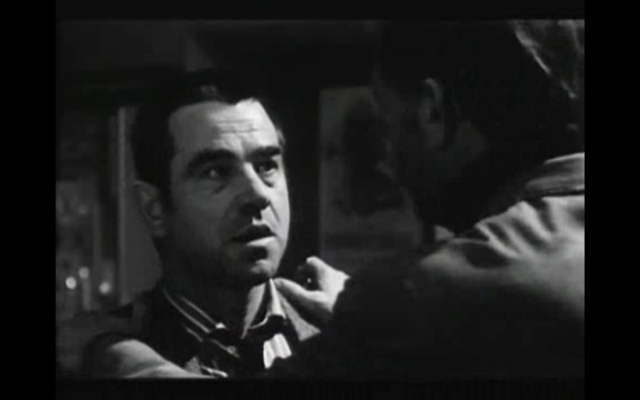
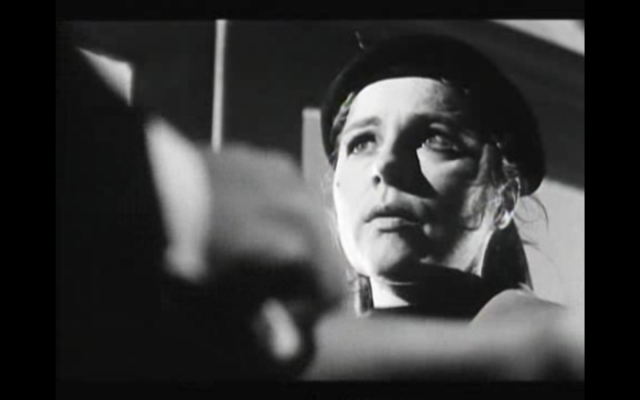
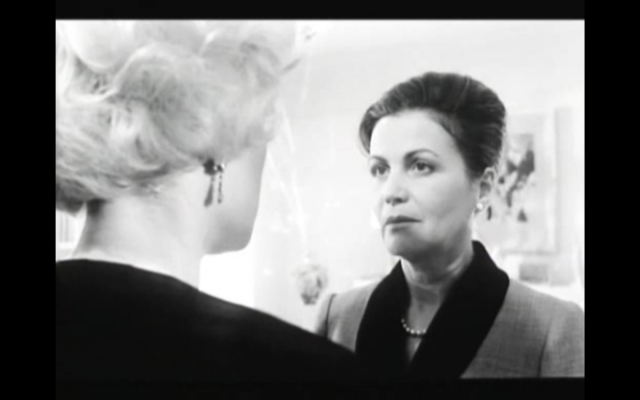

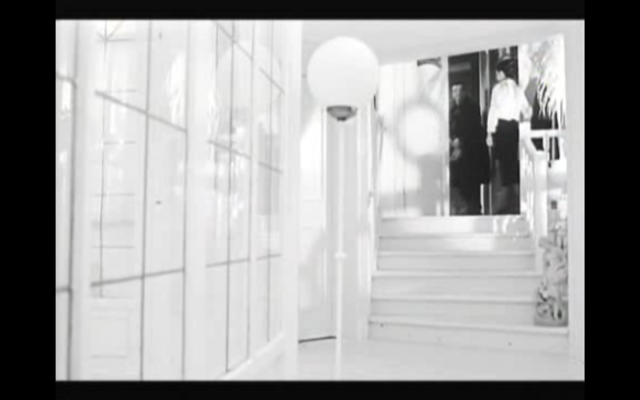
One thought on “Veronika Voss (1982)”
A once-must, for Zech’s performance and for the artistry of the film’s look and feel.
All of Fassbinder’s films are, in one way or another, a cry for help. Who in his or her right mind would, in the ordinary sense, be a Fassbinder fan?
That needs some explaining. I’ve seen just about all of Fassbinder’s work, I think. And I now process them differently than when I saw them in my 20s. At that time, they were simply too unique for me to (usually) think of them in other than praiseworthy terms. I don’t feel that way now. My ‘appreciation’ of them has altered. With age, I now look through his work and see something underneath the films which I was either hesitant to notice or just missed.
With each film, Fassbinder did appear to be growing and maturing as a filmmaker. But to me, now…in a sense he kept making the same film over and over. Or, rather…regardless of the setting, Fassbinder’s worldview never changed.
There’s no doubt of his intelligence. Certainly a well-read man, and he made some very smart choices when he actually selected from world literature for something to base a film on. He not only had a talent to distill, but also had a developed knack for choosing savvy collaborators in each area of his projects.
The saddest thing about his work, however, is its fundamentally stunted growth.
‘VV’ is no exception. As a visual and emotional experience, it is often arresting. But, like most of Fassbinder’s films, it is essentially empty. Fassbinder was always a master at disguising the barrenness that rests at the core of his work. (For me, the real exception in all of this is his masterpiece, ‘Berlin Alexanderplatz’…warts and all.)
An argument can be made that ‘VV’ is the story of a triangle – with Voss and Robert both representing Fassbinder (both characters have a death wish) and Dr. Katz the embodiment of medication. (Katz’s office is designed and lit in blinding white, as the ultimate salvation and redemption. The fact that the place is a den of oblivion is, in true Fassbinder fashion, masked.) Fassbinder’s personal demons, at this point, were apparently ‘winning’. At any rate, this is how it appears. His work reflects a date with destiny written in ink. (‘Querelle’ would seal this; an incomprehensible work, based on gay pulp lit that was beneath him…and which seemed to reveal that he simply didn’t care anymore.)
All that said: Zech’s performance as a despicable weakling is brave, to say the least. (She has been compared to Delphine Seyrig and, here, the comparison is appropriate.) As Robert, Thate is very much like other rough-looking Fassbinder characters…in other words, the kind of men he felt drawn to personally. (He referred to Thate as ‘erotic’, and I won’t argue with that.) His understated performance is rather effective. The unsung performer here is Froboess; she manages something very sly with what could easily have been a thankless role. (~and she meets an end something to that of one of the film-within-a-film characters in ‘Kiss of the Spider Woman’).
My favorite sequences are two early ones: when we first see Veronika on a studio set and the scene is shot through a kind of prism of crystallized, angelic phantasm…and when Veronica meets Robert in the rain. How I wish for something wonderful to happen for them. ~which is not to be.
Note: the BRD Trilogy collection contains a documentary on the life of Sybille Schmitz. The similarities existing between her life and what is depicted in ‘Veronika Voss’ are much more than simply noticeable.